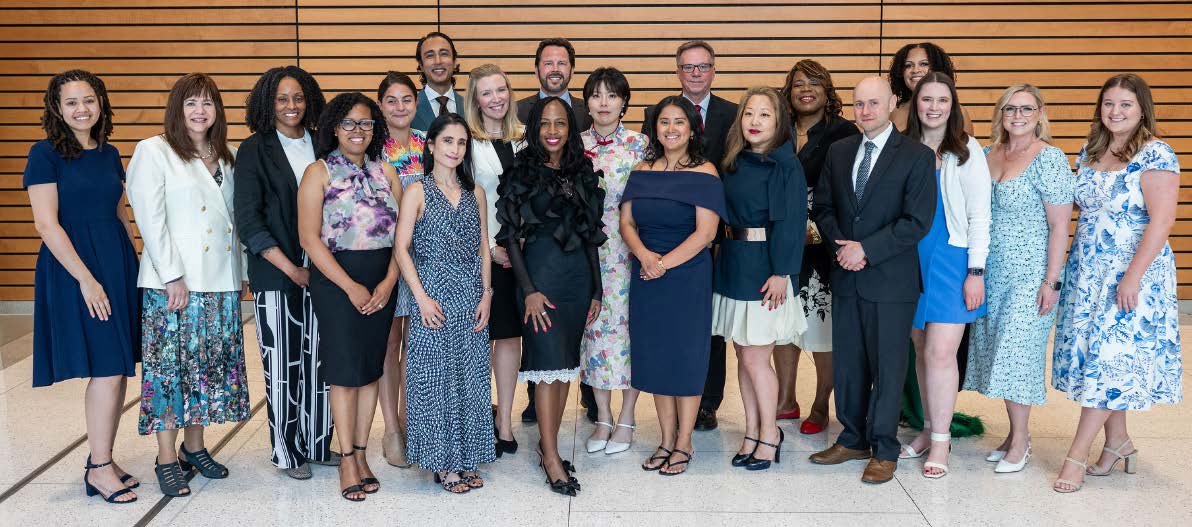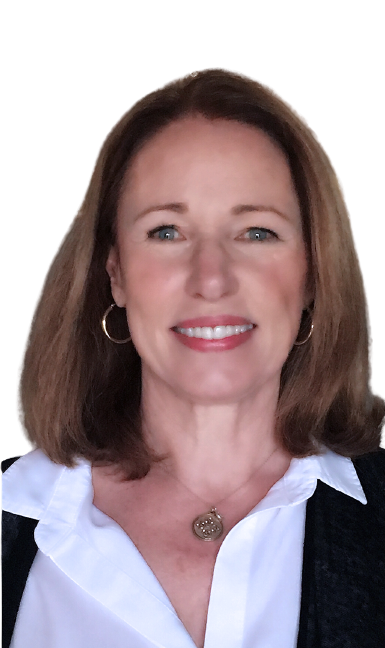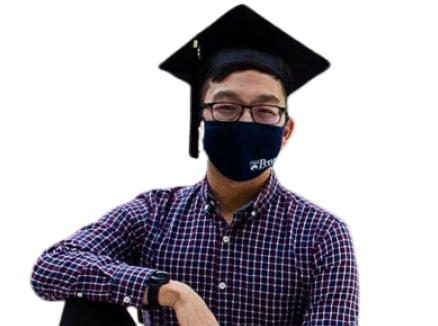For Alumni
MHCI alumni form a worldwide network of problem-solvers and potential collaborators, who access and develop innovative solutions to improve health care and lead transformation.
MHCI alumni form a worldwide network of problem-solvers and potential collaborators, who access and develop innovative solutions to improve health care and lead transformation.
Upon graduation, MHCI students attain alumni status of the University of Pennsylvania, becoming part of the tradition of a university that was founded in 1740.
Penn Alumni enjoy access to benefits such as MyPenn (Penn’s networking platform for alumni from across all Penn schools), career services platforms, select library resources, continuing education opportunities, and more.
MHCI alumni are very active and maintain contact with the Master of Health Care Innovation in a variety of ways, including:
Penn’s Master of Health Care Innovation program celebrated 24 students who graduated on May 18, 2025. Since its first graduation in 2019, the MHCI alumni network has grown to 187 innovative thinkers and leaders.

Graduates, family members, and friends heard remarks from Chair of the Department of Medical Ethics and Health Policy, Perelman School of Medicine, Steven Joffe, MD, MPH, and an innovation conversation between faculty members Kevin Volpp, MD, PhD and Roy Rosin, MBA. The ceremony and reception were held in the Jordan Medical Education Center at the Perelman School of Medicine.
In their conversation, Dr. Volpp asked Prof. Rosin about his career as Chief Innovation Officer at Penn Medicine. They discussed how his experiences running innovation at Intuit influenced his work in health care and his current work as a board partner at First Round Capital, a venture capital firm that works with founders in the earliest stages of company development.
Prof. Rosin offered the following advice for graduates, based on his own experience as an innovation leader:
Kevin Volpp and Roy Rosin discussed Prof. Rosin’s extensive and varied innovation experience and offered advice to the graduates.
In the Alumni Welcome to the MHCI Class of ’25, Lindsay O’Neil, MHCI (’24), BSN, RN described the impact of the degree on her work. She is the Director of Clinical Care Transformation for MedStar Health.
“What began as my pitch for innovation,” she said, “evolved into a fully operational care model that went on to be recognized this year in the Circle of Honor at the Maryland Patient Safety Conference. The beauty in that experience was that I was able to share the tools and knowledge I gleaned from the MHCI program with my colleagues at my organization. While I am one agent of change, we are many. Together we are tasked with leading the future of health care.”
She also described various ways that she and her fellow alumni remain a vibrant and vital part of the MHCI network. “This past year,” she said, “I’ve had the honor to interview MHCI applicants, participate in meet and greets with prospective students, and go slightly beyond the walls of MHCI by facilitating a Behavioral Economics workshop with professionals seeking to learn the valued principles to drive innovative change in their health care careers.”
Lindsay O’Neil (MHCI ’24) welcomed the 24 graduates to the MHCI alumni community.
Cohort ambassadors Cynthia Arnold, Youna Choi, David Luff, and Natalie Eldredge each offered a toast to their classmates.
“To the innovators, the changemakers, the leaders of tomorrow,” said David Luff, “today we celebrate not just a degree, but a mindset. In the tradition of Penn and the legacy of Perelman, you’ve challenged convention, questioned the status quo, and dared to imagine a better, smarter, more humane health care system.
“May the solutions you design be bold, the systems you improve be lasting, and the people you serve be better for your work.”
Cohort ambassadors Cynthia Arnold, Youna Choi, David Luff, and Natalie Eldredge each offered a toast to their classmates.
The MHCI Class of ’25 is a professionally diverse network, prepared to identify challenges and design solutions that consider multiple perspectives. Their work roles include:

It’s been about connection... I remember meeting people with passion and wanting to make the world a better place. It’s so inspiring... I think there’s a lot we can change, there’s a lot of hope. The program has given us tools and frameworks so we can make some good things happen

Both MHCI faculty/staff and my cohort members have shown me not only ways to make a difference in health care but also how to ultimately increase affordability, accessibility, and quality of care